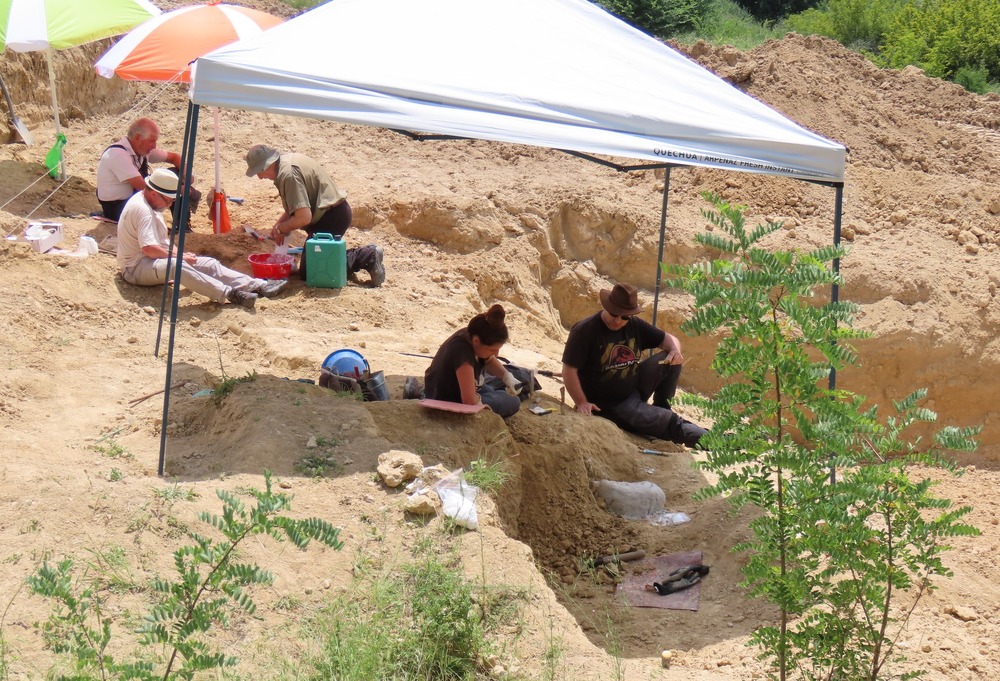site.btaMax Planck Institute Supports Fossil Research of Bulgaria’s National Museum of Natural History


The Max Planck Institute for Evolutionary Anthropology in Leipzig is supporting fossil-hunting research of the National Museum of Natural History at the Bulgarian Academy of Sciences (NMNH-BAS). Excavations are set to begin in September 2025, with renowned University of Toronto paleoanthropologist Prof. David Begun joining the museum’s team for a third consecutive year, the NMNH-BAS team said.
Since early August 2025, NMNH-BAS has had a memorandum of cooperation with the Max Planck Institute, under which the German institution will finance the museum’s excavations over the next three years. The project focuses on the search for Late Miocene hominid fossils in Bulgaria and North Macedonia, in cooperation with the Natural History Museum in Skopje.
The excavations at the Azmaka site near Chirpan, led by Prof. Nikolai Spassov, have drawn international attention with the discovery of a 7.2-million-year-old hominid femur. This is the second such find by the NMNH-BAS team, following the 2012 discovery of a hominid tooth at the same site.
The femur is believed to belong to Graecopithecus, a Late Miocene hominid first described from a lower jaw unearthed near Athens during World War II. According to scientists, the find is significant because it provides insights into the locomotion of this last known European pre-human hominid. Completed studies of the femur have already yielded highly intriguing results related to the earliest stages of human evolution, NMNH-BAS also said.
/KK/
news.modal.header
news.modal.text
